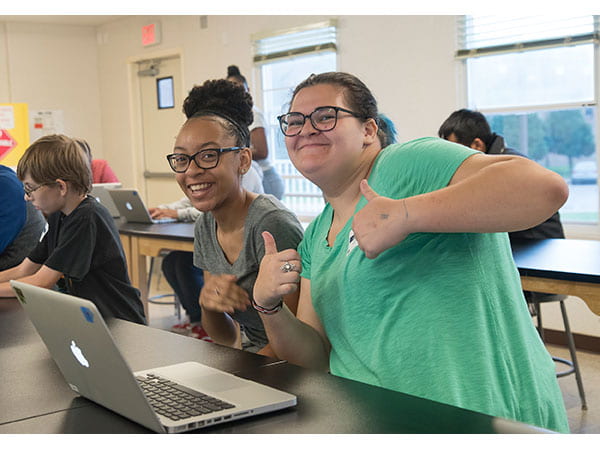Digital Skills Learning Opportunities in Term 2
By Katy O Foster, on 9 December 2025
Each term the Digital Skills Development and wider Digital Education team offer a range of learning opportunities for staff and students to develop their digital skills.
See below for some of the opportunities available this term.
Discover your Digital
Identify gaps in your digital skills with Discover your Digital – a 15 minute self-assessment quiz.
Workshops for staff and students on how to get the most out of the tool will also be running this term. The staff workshop will also cover how you can use the tool with your students or with colleagues.
Digital Skills SharePoint
The new Digital Skills SharePoint contains all the learning opportunities on offer, including live sessions, self-paced materials that have been developed by the team and useful LinkedIn Learning courses.
Live sessions – the Training Calendar
Alongside self-paced options, there is a training calendar of live sessions, both online and in person. Topics include:
Platforms and tools for Teaching and Assessment
The Digital Education team is here to support colleagues in using technology to enhance teaching and assessment.
Read this blog post for key support available from the team. See below for workshops that are running this term:
Teaching and engaging learners
Assessment
Support
There is a variety of support available from the Digital Skills Development and Digital Education teams:
- MyServices: dedicated support for all centrally supported tools and services
- Excel Clinics: in person drop-in support for those who may be working through self-paced learning materials on Excel
- R and Rstudio Clinics: in person drop-in support for those who would like individual support with R and Rstudio.
- Digital Skills Office Hours: 30 minute appointments with a Digital Skills Trainer to answer specific queries about how to use a digital tool or piece of software, or guidance on the best too to use for a particular task.
Join the mailing list
To receive updates on digital skills training, join our mailing list.
Contact us
For any questions on Digital Skills Development at UCL, email isd-digiskills@ucl.ac.uk
 Close
Close




 What does it take to succeed in a student research project, or any research project for that matter?
What does it take to succeed in a student research project, or any research project for that matter?